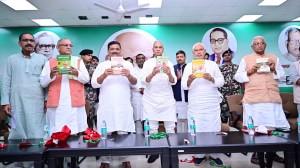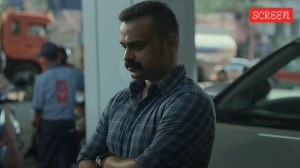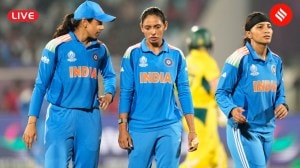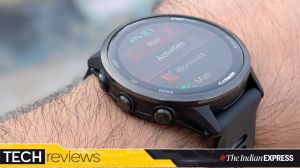Fake cancer drug fears fuel call for crackdown
Counterfeit drugs are a growing global problem and have become increasingly prevalent in the US,as more manufacturing moves overseas and illicit online drug stores proliferate.
Fears over vials of fake drugs reaching stricken cancer patients are renewing scrutiny of the US pharmaceutical supply chain and raising concerns that shortages and the high cost of medicines are giving counterfeiters new opportunities.
Earlier this week,Roche,the Swiss drug maker,said counterfeit versions of Avastin,its top-selling cancer drug,were being circulated in the US and putting patients at risk.
The fake version of Avastin,which is approved in the US to treat colon,lung,kidney and brain cancers,had no active ingredients and the FDA alerted 19 medical centres about purchases made from a questionable distributor. The FDA,which was tipped off to the problem last December by the UKs Medicines and Healthcare Products Regulatory Agency (MHRA),said its investigation is continuing. The incident was foreshadowed last month when the US regulator issued a warning about unapproved medications. Current shortages of injectable cancer medications may present an opportunity for unscrupulous individuals to introduce non-FDA approved products into the drug supply,which could result in serious harm to patients, the FDA said in January.
Counterfeit drugs are a growing global problem and have become increasingly prevalent in the US,as more manufacturing moves overseas and illicit online drug stores proliferate. The black market for fake drugs generated $75bn in revenues in 2010 and pharmaceutical supply experts say rising costs of some drugs,along with medical practitioners cutting corners,are leaving patients more vulnerable.
People have determined that the US is susceptible because there are so many drug shortages, said Pat Earl,chief executive of the Secure Pharma Distributor Network,a group of small drug distributors. Everyone is trying to fill gaps.
The US is suffering from a severe shortageof generic injectable drugs,which is raising the price of name-brand products and forcing hospitals and medical practices to seek products in secondary markets from smaller distributors. According to the National Association of Boards of Pharmacy,up to 2 per cent of prescription drugs in North America are fake and sales of counterfeit drugs are growing by 13 per cent year-on-year,outpacing sales of legitimate drugs.
Although the FDA said there is not an Avastin shortage,Ms Earl suggests the drug could have been sought as an alternative for a drug in short supply.
Thomas Kubic,president of the Pharmaceutical Security Institute,said that the US supply chain has been relatively secure compared with other parts of the world,but that the closed system that has protected customers is being compromised by aggressive pitching from fraudulent drug reps and web sites peddling fake products.
The US has been considering legislation to tighten its controls over the drug supply with track and trace technology and creating more uniform regulations across states,but critics complain existing rules remain muddled.
According to Nathan Sigworth,chief executive of PharmaSecure,the fake Avastin is an example of a problem that has been widespread in developing countries becoming more pervasive in mature markets. People will always seek to find alternative ways of getting inexpensive drugs. The real focus needs to be on doing something at the source that allows people to understand where drugs are coming from and if they are authentic.
PharmaSecure works with drug companies in India to put serial numbers on drug packaging,which consumers can then authenticate using computers or mobile phones.
Alan Rappeport© 2011 The Financial Times Limited



- 01
- 02
- 03
- 04
- 05



























